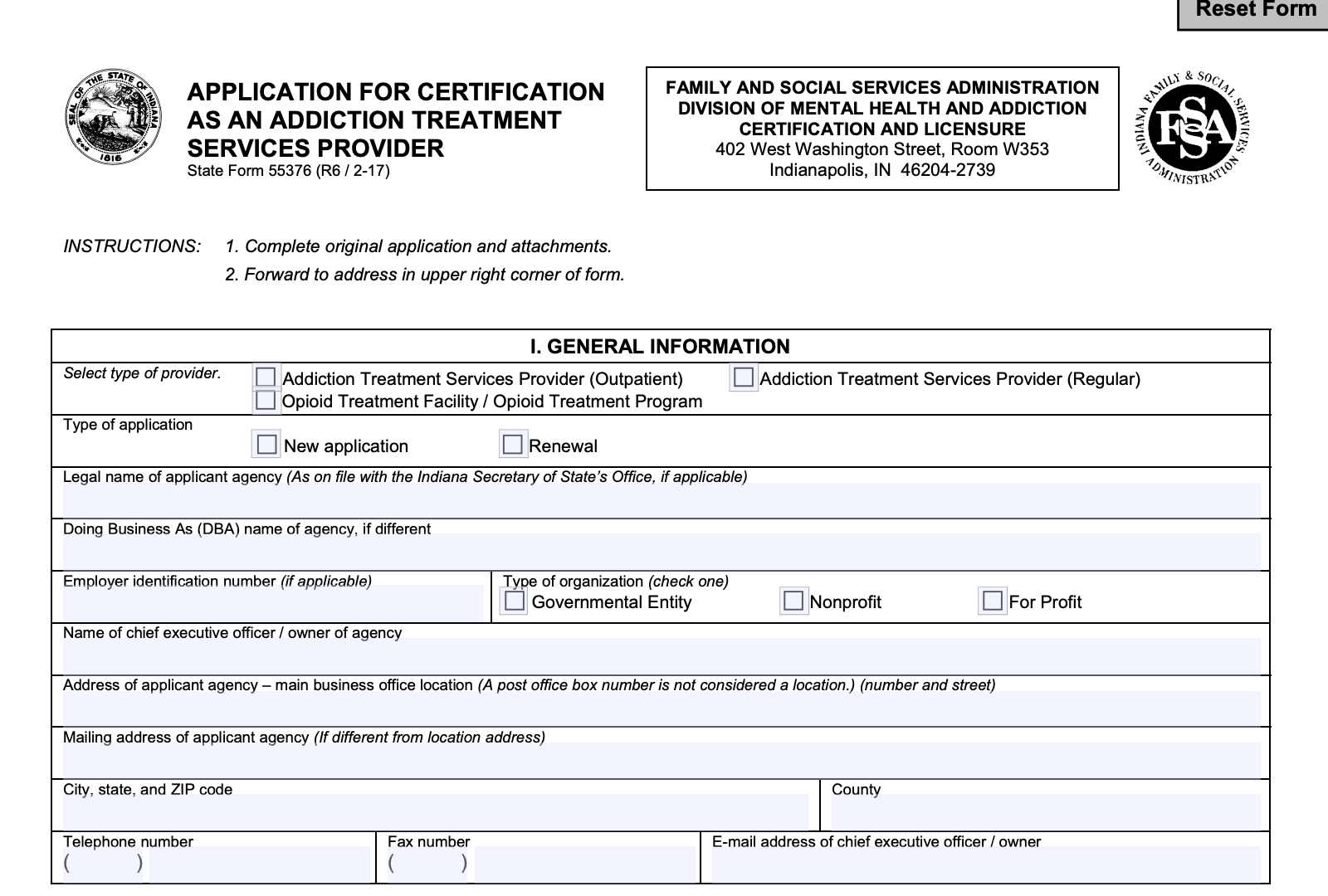Transformative Solutions: Picking the Right Addiction Treatment Center
Transformative Solutions: Picking the Right Addiction Treatment Center
Blog Article
Navigating the Journey of Detoxing in the Comprehensive Addiction Treatment Program
The process of cleansing holds a considerable role in damaging the physical dependence on substances and preparing the person for the subsequent phases of treatment. As people grapple with the challenges of withdrawal signs and the uncertainties that exist in advance, having an organized strategy and a robust assistance system in place comes to be critical.
Importance of Cleansing in Recovery

Detoxing establishes the structure for the remainder of the dependency therapy program by preparing the person for more treatment and therapy. By cleaning the body important that have been clouding judgment and affecting behavior, detoxification enables patients to approach their recovery with a clearer mind and more powerful emphasis.
In addition, detoxification aids in handling the possibly extreme withdrawal signs and symptoms that might emerge when medicine or alcohol usage is stopped. Medical professionals very closely monitor patients throughout detoxification to ensure their safety and supply essential assistance. With this process, people can begin their journey in the direction of soberness with a supported psychological and physical state, raising the likelihood of a successful healing.
Understanding the Detoxification Refine
Detoxification, a basic part of dependency treatment programs, entails a structured procedure intended at securely removing hazardous substances from the body to facilitate an effective healing journey. The detoxification process typically starts with an assessment to analyze the individual's substance usage history, physical health and wellness, and mental health. This assessment aids health care specialists establish one of the most appropriate detoxification strategy tailored to the person's needs.
Throughout detoxification, the body experiences withdrawal as it adjusts to the absence of the material. Withdrawal symptoms differ depending on the kind of material used, the period of usage, and individual aspects. Medical guidance during detoxification is important to manage withdrawal symptoms and make sure the individual's security and convenience.

Handling Withdrawal Signs

Drugs may be utilized to minimize specific withdrawal signs and reduce discomfort. For example, medicines like methadone or buprenorphine can assist manage opioid withdrawal symptoms, while benzodiazepines may be made use of for alcohol withdrawal. It is essential for health care companies to thoroughly keep an eye on the person's reaction to these medicines to guarantee their safety and security and performance.
In addition to pharmacological interventions, helpful treatments such as counseling, peer support system, and alternative methods like mindfulness reflection or yoga exercise can aid people handle the psychological and emotional obstacles of withdrawal. By resolving withdrawal signs and symptoms adequately, doctor can improve the cleansing experience and support individuals on their journey to recovery.

Support Equipments Throughout Detox
Support systems play a vital duty in giving emotional and social support to individuals going through detoxing in dependency therapy programs. Throughout the detox procedure, individuals usually experience a range of physical and psychological withdrawal symptoms, making this phase challenging - Addiction Treatment Center. Having a strong support group in location can substantially impact the individual's ability to navigate through detox successfully
Relative, friends, support teams, and healthcare professionals are essential components of the you could check here support group. Family members participants and buddies can provide support, understanding, and a sense of belonging during this challenging time. Assistance teams provide a system for individuals to connect with others who are going through comparable experiences, supplying a feeling of neighborhood and shared understanding. Healthcare specialists, consisting of doctors, therapists, and specialists, play an essential duty in keeping track of the person's development, giving clinical assistance, and supplying support throughout the detoxification process.
Looking Ahead: Life After Detoxification
Having actually successfully completed the cleansing stage, people in addiction treatment programs currently concentrate on preparing for the difficulties and possibilities that exist ahead in their journey towards healing. Life after detox marks a vital change period where people need to remain to build on the progression made throughout detoxification to keep their soberness. It is essential for individuals to recognize that the trip in the direction of recuperation is continuous and calls for commitment, commitment, and a desire to accept modification.
One secret element of life after detox is the development of coping mechanisms to manage triggers and cravings that might emerge. This might include discovering new skills, such as mindfulness practices, cognitive-behavioral strategies, and stress and anxiety monitoring methods, to navigate challenging situations without resorting to substance usage. Furthermore, individuals are encouraged to proactively engage in ongoing therapy, support system, and aftercare programs to strengthen their assistance network and obtain assistance more tips here as they navigate the complexities of life post-detox.
Final Thought
To conclude, detoxification is an important element of the comprehensive dependency therapy program. Comprehending the detox procedure and handling withdrawal signs are vital steps in the direction of healing. Support systems play a significant duty during this challenging trip. Addiction Treatment Center. Looking ahead, life after detoxification holds pledge for a healthier, substance-free future. It is vital to acknowledge the significance of detoxification in the process of conquering dependency and relocating towards a life of sobriety.
Medical guidance during detox is vital to manage withdrawal signs and make certain the individual's security and comfort.
By comprehending the detoxification process and its significance in damaging the cycle of addiction, individuals can begin on a course towards lasting healing.
Throughout the detoxification process, individuals commonly experience an array of emotional and physical withdrawal symptoms, making this stage tough. Medical care professionals, including counselors, therapists, and doctors, play a vital role in keeping an eye on the person's progression, giving medical assistance, review and offering assistance throughout the detox process.
Life after detox marks an essential shift period where individuals should continue to build on the progress made during detoxification to keep their soberness.
Report this page